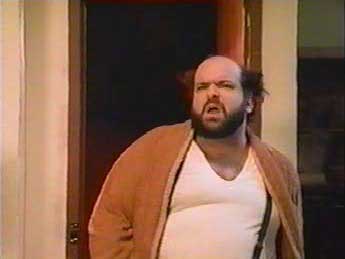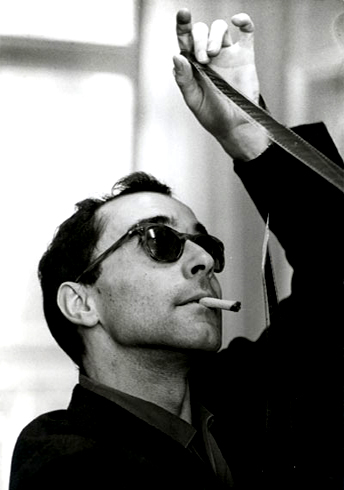The recently deceased cinema savant Ric Menello existed on the fringes of the film world–of society, actually–yet some chance meetings gave him an unlikely Hollywood career. From Richard Brody’s appropriately all-over-the-place New Yorker blog post, a segment about the director James Gray remembering his first interaction with the man who would become his most eccentric collaborator:
“I got a phone call—this is about 1996, I think, late ’96, somewhere around there—from Rick Rubin, who, along with Russell Simmons, started Def Jam Records. And Rick said [deepening his voice in impersonation], ‘I have somebody on the phone I want you to talk to.’ You know, he had made a three-way call.
I said, ‘Hello?’
[Adopts a nasal voice] ‘Hello?’ ‘Who’s this?’
[Shrill voice] ‘Who’s this?’
‘This is James Gray.’
‘Did you direct Little Odessa?‘
‘Yes.’
‘Ah, that wasn’t too good.’
‘Who is this?’
‘This is Ric Menello.’
[In the deep voice of Rick Rubin] ‘This is my friend Ric Menello. He knows much more about movies than you do.’
And all of a sudden I started talking to the guy. And, of course, I immediately liked him because he disparaged my work. And I realized that Rick Rubin was absolutely correct: he knew everything. He was working at the desk of the dorm—Weinstein dorm at N.Y.U.—when Rubin met him. And he would hold court talking about movies, and they quickly recognized him as kind of a savant, and they befriended him.”
____________________
Menello directed the “Going Back to Cali” video in 1989:


